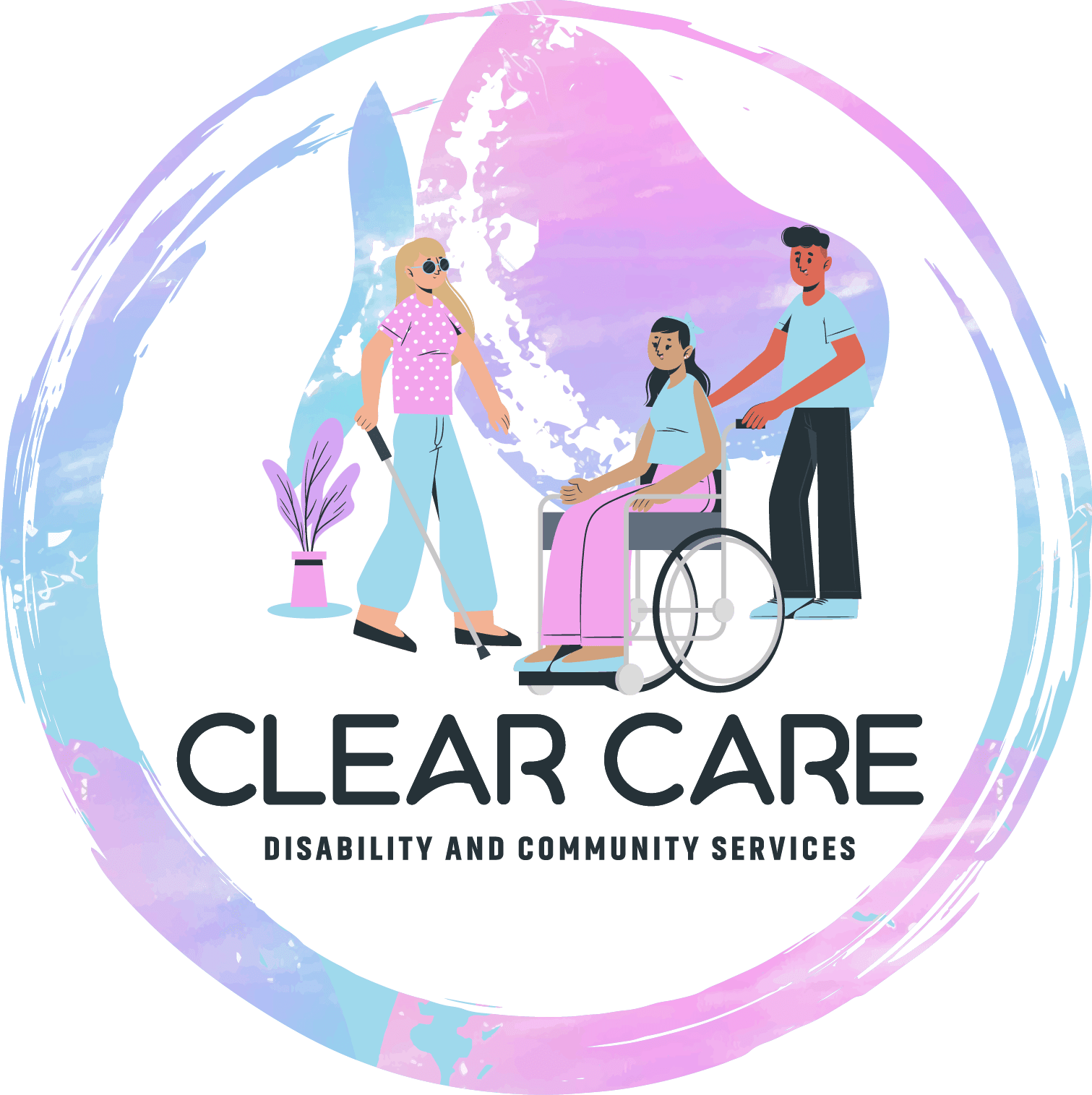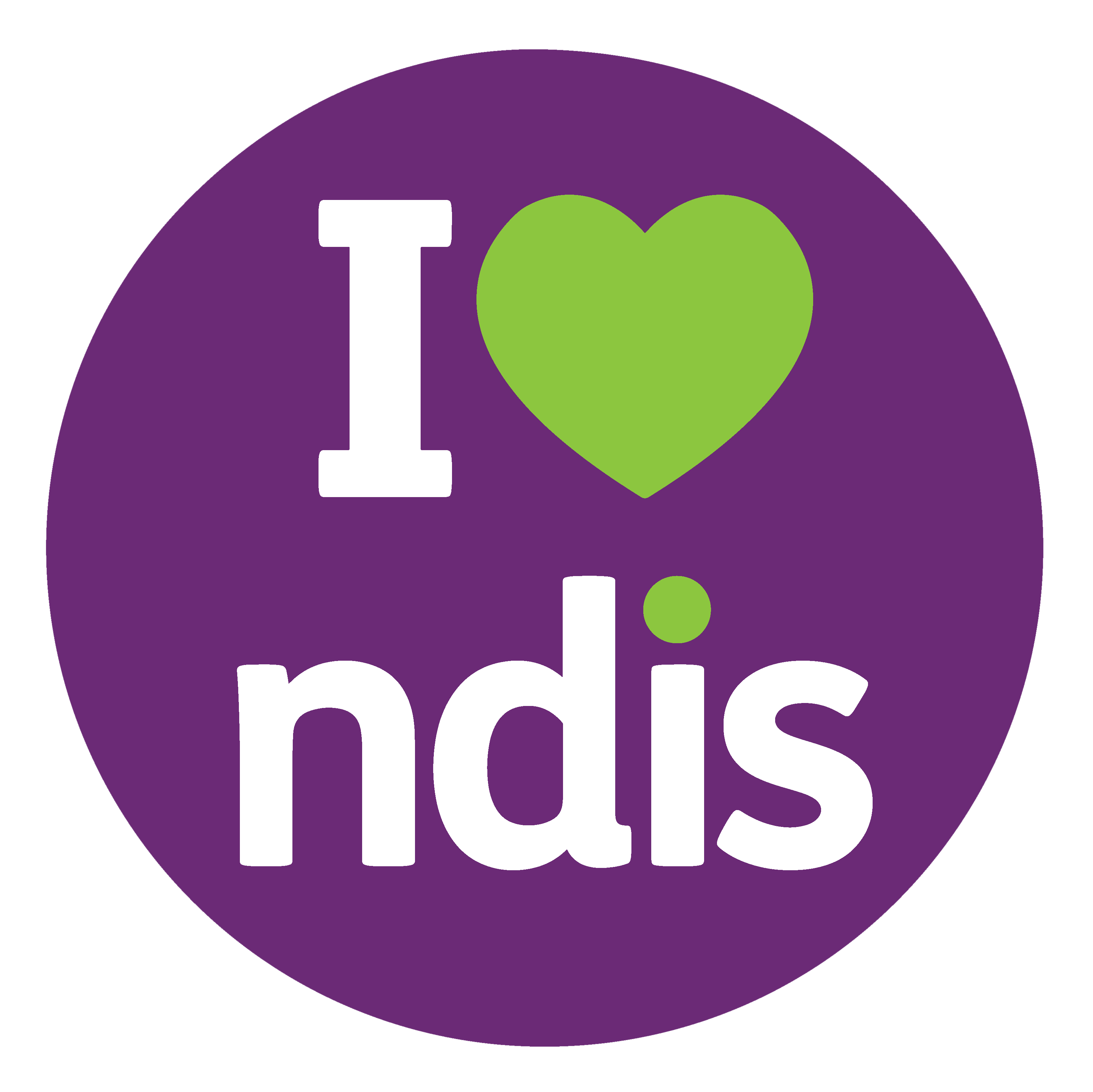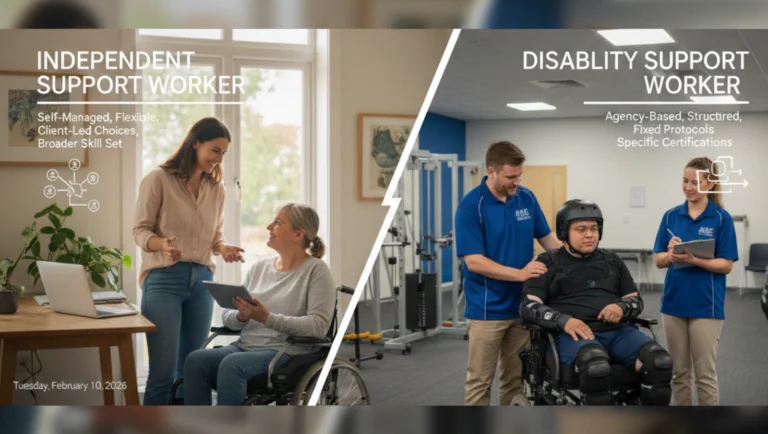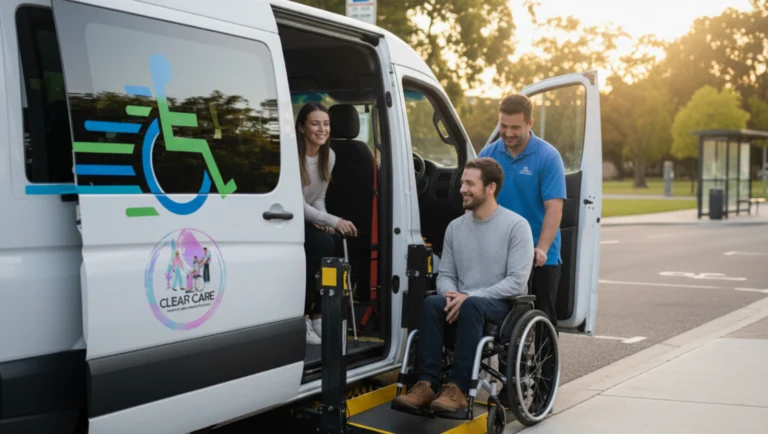When someone you love needs daily assistance to live with dignity, a Personal Care Assistant often becomes the lifeline that brings comfort, independence, and support. But what is a personal care assistant, and what exactly do they do? At Clear Care Community, we understand the vital role these caregivers play in improving lives because we live and breathe community care every day.
Whether you’re considering this career or seeking support for a loved one, this guide will walk you through what to expect from a Personal Care Assistant—their duties, qualifications, expected pay, and more. For individuals funded through the NDIS, personal care assistants are a key part of NDIS assistance with daily life, helping participants manage everyday tasks and maintain their quality of life.
What is a Personal Care Assistant?
A Personal Care Assistant (PCA), also known as a Personal Care Attendant, is a professional who provides essential, tailored support to individuals in their homes or various care facilities. Their primary role is to assist clients with daily living activities, ensuring their comfort, dignity, and autonomy. This role goes beyond basic tasks; a PCA often becomes a trusted companion, offering both practical and emotional support.
The approach of a Personal Care Assistant is holistic, meaning they consider all aspects of a person’s well-being – physical, spiritual, social, and cultural. This comprehensive care doesn’t just boost physical health; it ignites mental and emotional vitality, giving clients a true sense of belonging and empowerment.
Personal Care Assistant Duties
The responsibilities of a Personal Care Assistant are diverse and depend heavily on the individual needs of the client. However, some core personal care assistant duties are consistently observed across various care settings:
- Personal Hygiene and Grooming: Assisting clients with bathing, showering, dressing, grooming, and oral care, always respecting their privacy and dignity.
- Mobility Support: Helping with transfers, walking, and movement, which might involve using mobility aids or assisting with wheelchair maneuvering. This support is crucial for maintaining independence and preventing falls.
- Medication Assistance: Reminding clients to take their prescribed medications and, in some cases, assisting with administration as per care plans and regulations.
- Meal Preparation and Nutrition: Supporting clients with dietary needs, including preparing meals, assisting with feeding, and ensuring adequate hydration.
- Light Household Tasks: Performing basic household duties such as cleaning, tidying, and laundry to maintain a safe and comfortable living environment.
- Emotional and Social Support: Offering companionship, engaging in conversations, and accompanying clients to appointments or social outings. This aspect is vital in preventing feelings of isolation and fostering mental well-being.
- Health Monitoring and Reporting: Diligently observing changes in a client’s condition and promptly reporting any concerns to nursing staff or other medical professionals. This proactive approach ensures timely medical attention when needed.
- Rehabilitative Support: Collaborating with allied health professionals to assist clients with light physiotherapy exercises or other rehabilitation measures, helping them regain strength and mobility.
- Adherence to Care Plans: Strictly following individualised care plans, ensuring that all care provided is consistent with the client’s preferences and medical requirements.
- Upholding Privacy and Respect: Always prioritising the client’s privacy, cultural traditions, and personal preferences, creating an environment of trust and respect.
Personal Care Assistant Jobs and Qualifications
The demand for personal care assistant jobs is steadily growing, reflecting the increasing need for in-home and facility-based care across Australia. These roles offer flexible working arrangements, including casual and permanent positions.
To become a Personal Care Assistant, specific personal care assistant qualifications are generally required. Most employers seek candidates who have completed a Certificate III in Individual Support (Ageing, Disability, or Home and Community Care). This qualification provides the foundational knowledge and practical skills necessary to deliver high-quality care. Additionally, a current First Aid Certificate, CPR certification, and a Police Check are typically mandatory. For those specifically interested in disability support, learning How to become a disability support worker can provide further insights into this rewarding career path.
Personal Care Assistant Salary Expectations
When considering personal care assistant jobs, understanding the earning potential is often a key factor. According to data refreshed on July 1, 2025, the average annual personal care assistant salary in Australia ranges from $70,000 to $75,000. This figure is based on full-time salary ranges, reflecting current market trends. It’s important to note that some disclosed salaries may or may not include superannuation and other benefits, as this can vary between employers. For a detailed comparison of pay rates, you might find our blog on Casual vs permanent NDIS support worker pay rates insightful.
Experience a Truly Fulfilling Career Path
Wondering why Disability Support Worker is a Fulfilling Career Path? It’s because you become a pillar of support, helping individuals achieve their goals and live with greater independence and joy. You’ll witness personal triumphs, provide comfort, and build relationships that enrich both your life and the lives of those you support.
Understanding the duties of a support worker and how to become one are excellent starting points for anyone considering this impactful profession. If you’re seeking support or exploring a rewarding career path, Clear Care Community is ready to guide you every step of the way. Contact us now.











